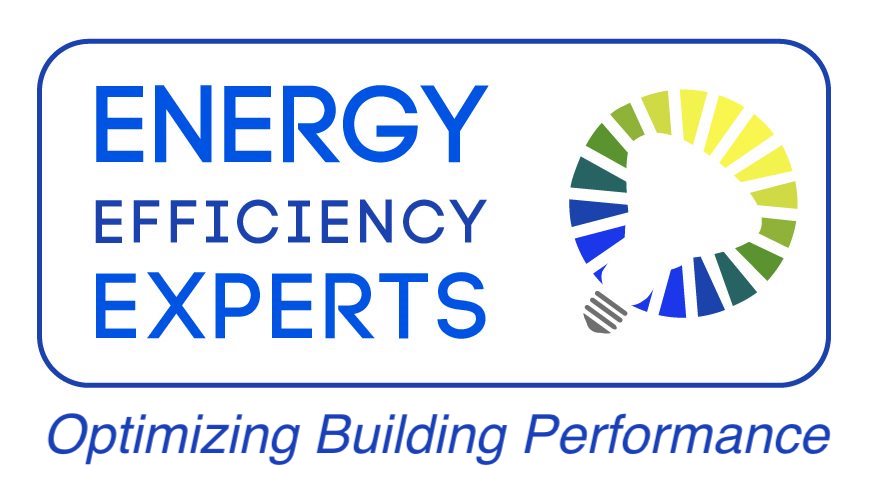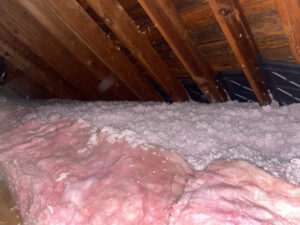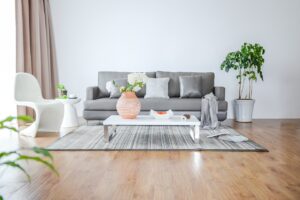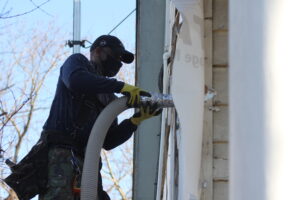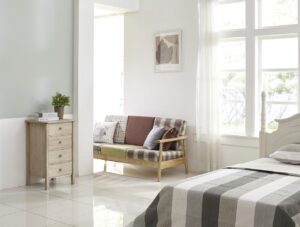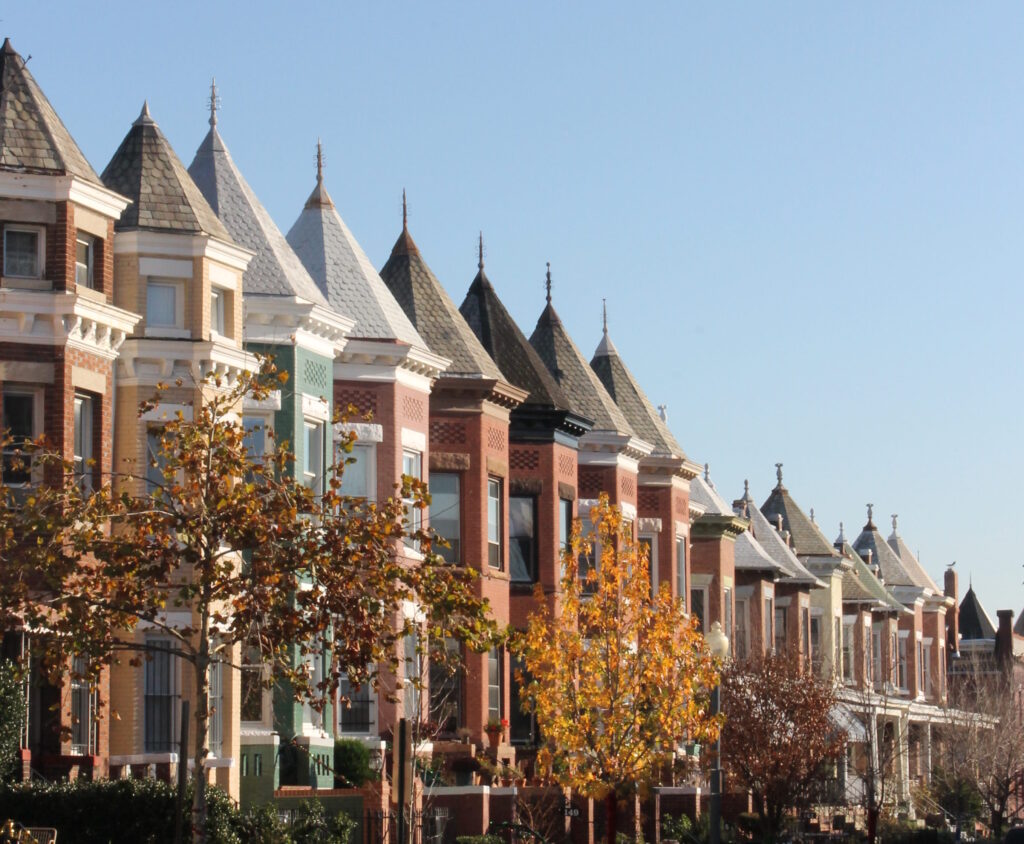
Many homes in the DMV area, especially in DC, are historic in age which leads into the topic of seeking ways to make one’s home more energy efficient. Today, with energy resources being depleted and and growing concerns of greenhouse gases on climate change, owners of older can look towards sustainable/green building practices that modern homes are shifting towards. Taking up some of these actions has the main benefit of also lowering utility bills and saving money long-term.
Reducing the energy demand on a house’s heating and cooling systems directly correlates to the money spent in your energy fuel utility bills. This goal can happen in variety of ways but we recommend scheduling an energy audit to get a more accurate assessment of what personalized actions one can take for their house’s heating and cooling needs. From that first step, actions such as replacing old mechanical systems or major appliances to more efficient models (see EnergyStar labels) can reduce energy demands for a home. Other actions that fall into the scope of work done after a home energy audit includes weatherization measures. These measure are used to protect the building and its interior from the outside elements such as sunlight, moisture, and wind to reduce energy consumption and optimize energy efficiency. This type of work can include but is not limited to weatherstripping doors, sealing ductwork/lighting fixtures, proper ventilation, and most importantly, attic insulation.
Weatherization also seeks to stop air leakage from a variety of places such as the floors, walls, ceilings, ducts, windows, doors, fireplaces, and plumbing penetrations. The amount of air leakage will vary from home to home based on the year the house was built. Older, more historic homes, were generally built to let the house breathe more (i.e., more air leakage). Making a house tighter, through air sealing and insulation, is only a concern for older homes that have these three main issues.
- Poor indoor air quality
- Backdrafting of combustion appliances (Water heater, furnace, oven)
- Mold growth and high humidity
All these potential problems can be identified in a home energy audit before the recommend work is done to make a home more comfortable through the air sealing and insulation work. Poor indoor air quality can usually be solved by adding mechanical ventilation that vents outside the home. Older Appliances that have backdrafting issues can be replaced to address the issue of high levels of carbon monoxide byproduct spilling out in atmospheric vent models.
| Year Built | KBtu/sq ft/yr |
| Prior to 1950 | 74.5 |
| 1950 to 1969 | 66.0 |
| 1970 to 1979 | 59.4 |
| 1980 to 1989 | 51.9 |
| 1990 to 1999 | 48.2 |
| 2000 to 2005 | 44.7 |
Data from the Residential Energy Consumption Survey indicates that house age directly relates to the increasing use of heating energy as shown in the table above. We see the largest difference between the oldest houses, that are built prior to the 1950s, and houses between 2000-2005. Homes built in the pre-1950 era use on average 66% more energy than the ones in the early 2000’s. There is a linear trend for how much energy is used in homes and age, with older homes usually outputting more energy. It can be the case that older homes, if not updated, have older HVAC appliances that are not as efficient as their newer counterparts that use less energy to achieve similar levels of heating and cooling. There is also a good chance that there is little to no insulation in these older homes, as building codes have changed dramatically since the construction of historic homes. Additionally, most of the original windows in historic homes are low efficiency, and high efficiency double-paned windows may make a huge impact on your comfort and bills.
With all these factors that go into historic and older homes, it will surely be beneficial to start on the journey for energy efficiency with a home energy audit. Energy Efficiency Experts have experience working in older homes seen in the DC area and nearby. Common problems of stuffy or uncomfortable living spaces within older homes may be mitigated through the personalized scope of work that is generated in a report after we complete a home energy audit. Each home has different needs, call our office at 202-557-9200. and schedule an energy audit to see where your home stands in terms of efficiency!
